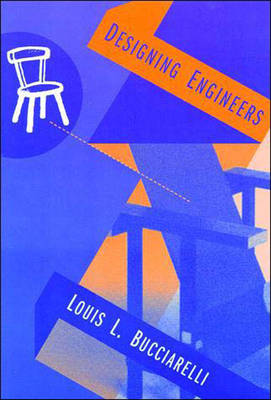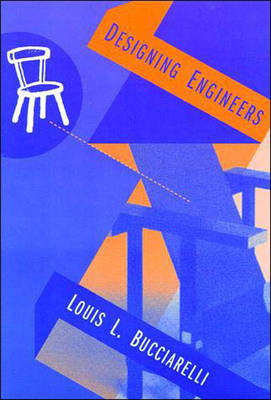
- Retrait gratuit dans votre magasin Club
- 7.000.000 titres dans notre catalogue
- Payer en toute sécurité
- Toujours un magasin près de chez vous
- Retrait gratuit dans votre magasin Club
- 7.000.000 titres dans notre catalogue
- Payer en toute sécurité
- Toujours un magasin près de chez vous
Description
The products of engineering design are everywhere, but who or what determines their form and function? Their surfaces are usually cold, seemingly objective, as if they existed outside of history of the technologies that are so much a part of our lives. Written by a practicing engineer, Designing Engineers yields clues to this mystery by probing deeply into the everyday world of engineering. In doing so, it reveals significant discrepancies between our ideal image of design as an instrumental process and the reality of design as a historically situated social process that is full of uncertainty and ambiguity. Designing Engineers describes the evolution of three disparate projects: an x-ray inspection system for airports, a photoprint machine, and a residential photovoltaic energy system. In each case, we are taken through the hallways and into the meeting rooms of the company to watch over the shoulders of engineers as they engage in the manifold individual and collective work that goes into designing a new product. Louis Bucciarelli was a consultant to one project and participated in the design process for the other two. In all three projects he examines both object - the way participants understood how things work - and process - the way they go about designing. What he learns is that engineering design is a social process that involves constant negotiation among many parties, not just engineers but marketing people, research scientists, accountants, and customers as well. One of the strengths of the book is the way Bucciarelli uses the very language of engineering discourse to uncover the many levels at which negotiation takes place. Designing, it turns out, is as much about agreeing on definitions as it is about producing "hard" artifacts.
Spécifications
Parties prenantes
- Auteur(s) :
- Editeur:
Contenu
- Nombre de pages :
- 232
- Langue:
- Anglais
- Collection :
Caractéristiques
- EAN:
- 9780262522120
- Date de parution :
- 31-01-96
- Format:
- Livre broché
- Format numérique:
- Trade paperback (VS)
- Dimensions :
- 151 mm x 226 mm
- Poids :
- 340 g







